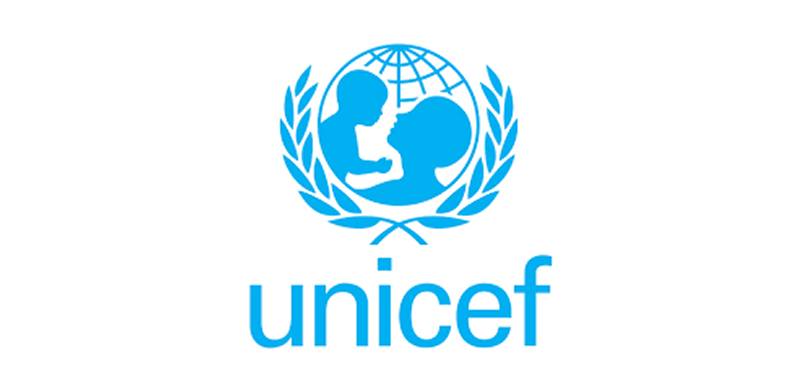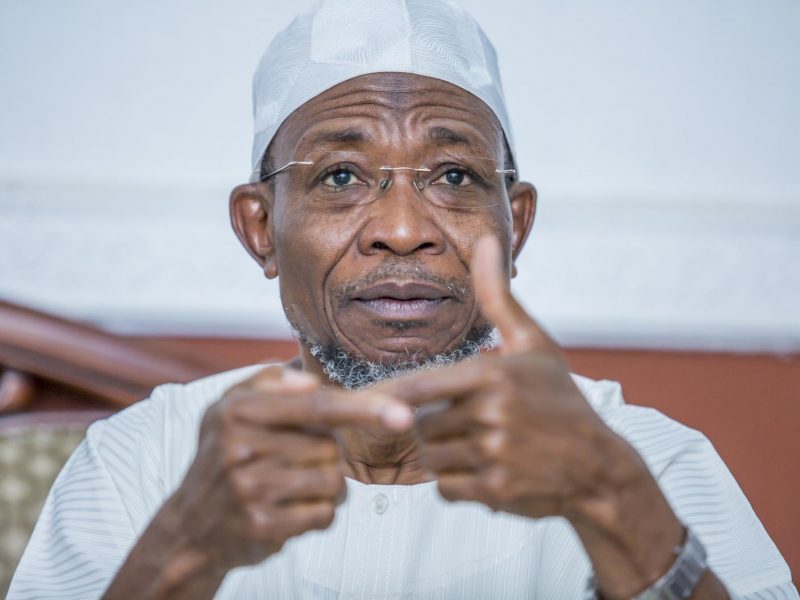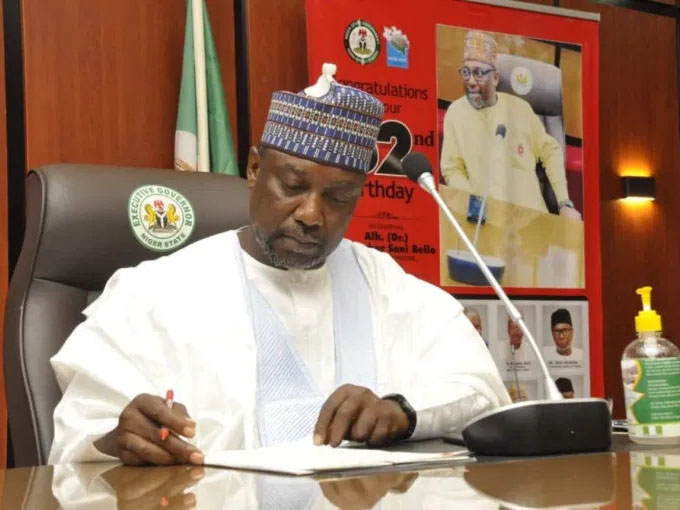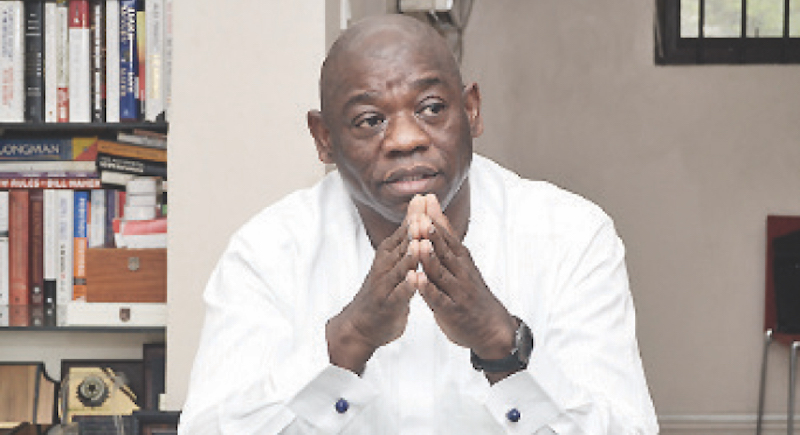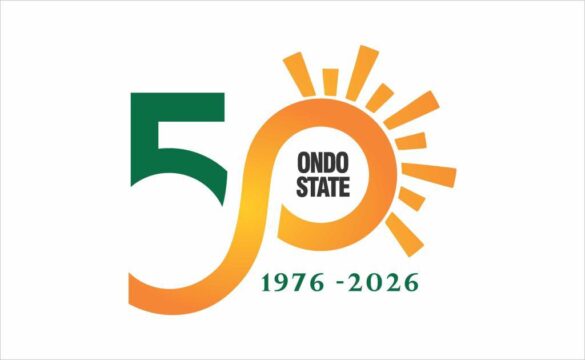UNICEF aims to vaccinate 3.8 million children against measles in northern Nigeria over seven days, starting this Saturday.
[dropcap]T[/dropcap]he United Nations Children’s Fund (UNICEF) has announced a significant health initiative aimed at vaccinating approximately 3.8 million children against measles across four northern states in Nigeria.
The vaccination campaign is set to commence on Saturday and will run for seven days.
Also read: UNICEF highlights importance of primary health care in Nigeria
Patrick Akor, the Health Officer at UNICEF’s Bauchi Field Office, revealed the details during a press conference in Bauchi on Friday.
The targeted states for the integrated measles campaign include Adamawa, Bauchi, Gombe, and Plateau.
“For the measles campaign, we have a target of 3.8 million children aged nine to 59 months across the four states,” Akor stated.
He further confirmed that UNICEF has procured over 4 million doses of the measles vaccine, which will be distributed across the participating states.
In addition to the measles initiative, UNICEF will also implement an oral vaccination campaign against polio in five northern states: Taraba, Plateau, Bauchi, Gombe, and Adamawa.
The goal is to reach 6.8 million children aged zero to 59 months (under five years) with the polio vaccine. “The total number of vaccines that have already been delivered is 7.4 million doses across these five states,” he added.
Akor underscored the importance of ensuring that all eligible children are vaccinated, saying, “We are aiming to ensure that no child is left behind; all children of eligible age should be reached and vaccinated.”
He also called upon media practitioners in the states to help disseminate vital information about the vaccination campaigns, particularly to grassroots communities.
George Eki, a Social and Behavioural Change Specialist at UNICEF’s Bauchi Field Office, highlighted UNICEF’s collaborative efforts with the Nigerian government to protect children from measles and other vaccine-preventable diseases.
He explained that over recent months, the UNICEF Bauchi Field Office has partnered with the National Primary Healthcare Development Agency and state agencies to cover all aspects of the campaign.
Eki detailed the logistical support UNICEF provides to ensure vaccine availability and the implementation of a reliable cold chain system for vaccine storage.
He noted that advocacy, communication, and social mobilisation are core components of UNICEF’s mandate in this effort.
This includes informing communities about when the campaign will occur, the eligible age brackets for vaccination, and how to access the vaccines.
With this comprehensive approach, UNICEF aims to bolster child health and ensure that no child in these northern states is left unprotected against measles and polio.


